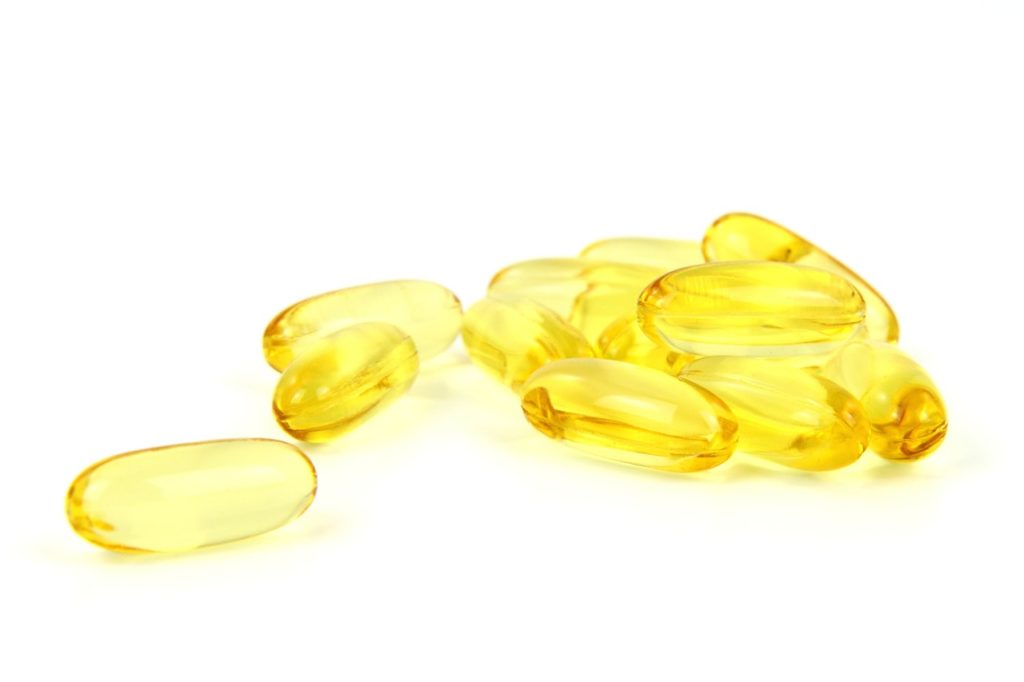If you are an athlete of any kind then you have probably been inundated with suggestions on what supplements will get you to become the best athlete you can. From claims of magical pills to drinks containing vitamins (that you will never absorb), the market is full of options. A very large portion of them is unnecessary and essentially junk. In fact, one of the first things I like to do with my athlete patients is to have them bring in supplements to the clinic. In doing so, we can go over all of the ingredients and figure out what is working for them and what they should add to their regimen. While everybody is different here are a few items that should grace the cabinet of every athlete whether professional, amateur or weekend warrior.

1) Protein Powder- Weight lifters often treat this like it is a precious as gold, which to the body it can be. Protein isn’t just for people trying to bulk up. Whenever we perform athletic activities we are breaking down muscle to some degree. Protein is what helps build that muscle back up. From a nutritional standpoint, protein is also great to have before a workout to assure adequate nourishment. The question is what kind of protein powder is best.
- Whey Protein Isolate- Definitely one of the most popular. Whey is a milk-based protein and is considered a complete protein (contains all the necessary amino acids). The thing to watch for is what other junk have they put with it and is if it is truly a Whey protein isolate. A quick tip to avoid junk: always read “extra ingredients” and look at the carb/protein/fat content. You don’t want a protein-packed with carbs or fats. The only aspect where whey protein fails is that it is obviously not a vegan product and not so friendly to those that are lactose intolerant. Also, milk is very mucous producing so congestion/phlegm may be an undesirable side effect.
- Pea Protein- An excellent option for those sensitive to dairy or concerned about the welfare of animals. Pea protein is considered a hypoallergenic, vegan protein that is easily digested. The con of Pea Protein is that a Vegan athlete would need to consider integrating other sources of protein as well to assure an adequate balance of amino acids is achieved.
- Hemp/Soy/Rice- Other powdered proteins include Hemp, Soy, and Rice. The most common complaint I hear about hemp is the flavor and that it is more limited at stores than Soy, Pea, or Whey. Soy protein is an acceptable option in moderation, although it is becoming a very common food allergy for people because it is quietly added to many of our foods. Also, finding an organic source may be more difficult and most Soy is not GMO-free. Rice protein is a great option and is also easily digestible.
Whenever looking for a protein powder, stay away from ones that add sugar.
2) Daily Multiple- If you are an athlete you are using up more nutrients than an average person and you need to replenish these. Choosing a daily vitamin can be tricky. Check out our previous blog article about choosing a proper daily vitamin here.
3) Ca+Mg- Calcium and Magnesium in combination is an excellent step in recovery. While it is important for an athlete to consider products that will improve athletic ability, the ability to recover is just as important. Calcium and magnesium need each other in the body, so it is great to take them together. Ca+Mg taken in small doses at night can act like an all-natural muscle relaxer due to the magnesium content.
4) Fish Oil- Continuing along the lines of recovery, fish oil is anti-inflammatory. Like all supplements, all fish oils are not created equal. There are also many ‘types’ of fish oil, depending on the content and ratios of the ingredients. One fish oil recommended for an athlete would be different than one recommended for cognitive health or during maternity. For pain, choose a high grade, pure triglyceride form fish oil with high-grade eicosapentaenoic acid (EPA) over a high level of DHA (docosahexaenoic acid). Ratios of EPA and DHA can important in tailoring the treatment for different conditions. The benefit of supplementing with Fish oil over just eating fish is twofold. Often, people cannot eat enough fish to attain a therapeutic dose and there is also a concern of mercury content, especially if certain fish are eaten. The downside of fish oil is obvious; it is not for the vegan athlete. Vegans often utilize flax seed instead, but this provides ALA (Alpha-linolenic Acid) which may not provide the same therapeutic effect. As a vegan athlete, it is difficult to attain the benefits of EPA directly leaving ALA as the main option. Other considerations before starting a fish oil would be to consider current medications and avoid some medical procedures. As with everything in this article, it is best to discuss individual needs with a medical professional before starting supplementation.
5) Chinese Herbs- This is a very broad statement. Chinese herbal medicine has an apothecary of hundreds of herbs. Almost always, herbs are combined together rather than used alone because TCM (Traditional Chinese Medicine) is all about balance. It would be necessary to see an East Asian Medicine Practitioner find out what herbs would be best for each athlete. For example, however, one commonly used formula for athletes is Yu Peng Feng San Wan. Because training can be very draining and tax the immune system, supplementing short term with this formula can be very beneficial to help burn out or prevent what is called a “Wind Invasion” in TCM. While this is only one example, there are many other uses for a patient to take Chinese herbs such as pain, digestive upset, or even fatigue.
For athletes, considering any or all of these products is a great idea. Whether a weekend warrior or a serious competitor, every athlete deserves to get the best performance they can. If you enjoyed this information please subscribe to our blog and for more great tips follow us on Facebook!
*The preceding is not intended to diagnose or treat and is for informational purposes only.


Comments are closed.